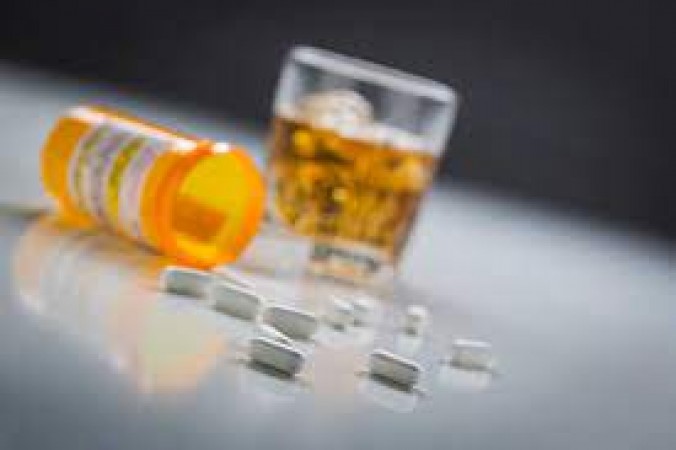
In today's fast-paced world, many of us are no strangers to stress and the occasional need for medications to manage various health issues. At the same time, social gatherings and the temptation to enjoy a drink or two are common. But have you ever wondered what happens when alcohol and pills mix? This article explores the interaction between alcohol and medications, shedding light on the potential risks and effects.
Before delving into the specifics, it's essential to grasp some fundamental concepts:
When you consume alcohol, your body metabolizes it primarily in the liver. This process involves enzymes breaking down alcohol into compounds that can be eliminated from the body.
Medications also undergo metabolism in the liver. Enzymes are responsible for breaking down medications into forms that your body can use or eliminate.
Now, let's explore how these two processes interact and what consequences may arise.
Alcohol can interfere with the metabolism of certain medications. This interference may lead to reduced medication effectiveness, rendering your treatment less potent.
On the flip side, alcohol can enhance the effects of some medications, potentially causing them to become more potent than intended. This can lead to unexpected and sometimes dangerous side effects.
Both alcohol and medications are metabolized in the liver. When you combine them, your liver may face an overload, struggling to process both substances simultaneously. This can be particularly harmful if you have a liver condition.
Many medications have side effects like drowsiness and dizziness. Alcohol can exacerbate these side effects, making you feel more sedated or unsteady.
Alcohol and certain medications can irritate the stomach lining. Mixing them may increase the risk of nausea, vomiting, and gastrointestinal discomfort.
Some medications, especially those for pain or anxiety, carry a risk of dependency. Alcohol can amplify this risk, potentially leading to substance abuse issues.
Alcohol impairs judgment and coordination. When combined with medications that have similar effects, it can lead to accidents and injuries.
Opioid painkillers like oxycodone and certain over-the-counter pain relievers can be dangerous when mixed with alcohol. Both substances depress the central nervous system, increasing the risk of respiratory depression and overdose.
Alcohol is a depressant, and mixing it with antidepressants can exacerbate feelings of sadness and hopelessness. It can also reduce the effectiveness of the medication.
Some antibiotics, such as metronidazole and linezolid, can cause a severe reaction when combined with alcohol. Symptoms may include nausea, vomiting, headache, and rapid heart rate.
Medications like benzodiazepines and certain sleep aids enhance the sedative effects of alcohol, increasing the risk of overdose and addiction.
To avoid potential risks when taking medications:
Always consult your healthcare provider or pharmacist before consuming alcohol while taking any medication. They can provide guidance based on your specific situation.
Carefully read the labels of your medications. Some explicitly warn against alcohol consumption.
Stick to the prescribed dosages of your medications. Do not increase or decrease them without consulting your healthcare provider.
If you choose to drink alcohol, know your limit and drink responsibly. Avoid excessive or binge drinking. In summary, the interaction between alcohol and medications can be complex and potentially harmful. It's crucial to exercise caution and prioritize your health and safety. When in doubt, seek professional guidance and avoid mixing alcohol with medications that pose a risk. By understanding the risks and effects of this combination, you can make informed decisions about your health and well-being.
How to Reduce Sleep Anxiety: Mind and Body Relaxation Techniques